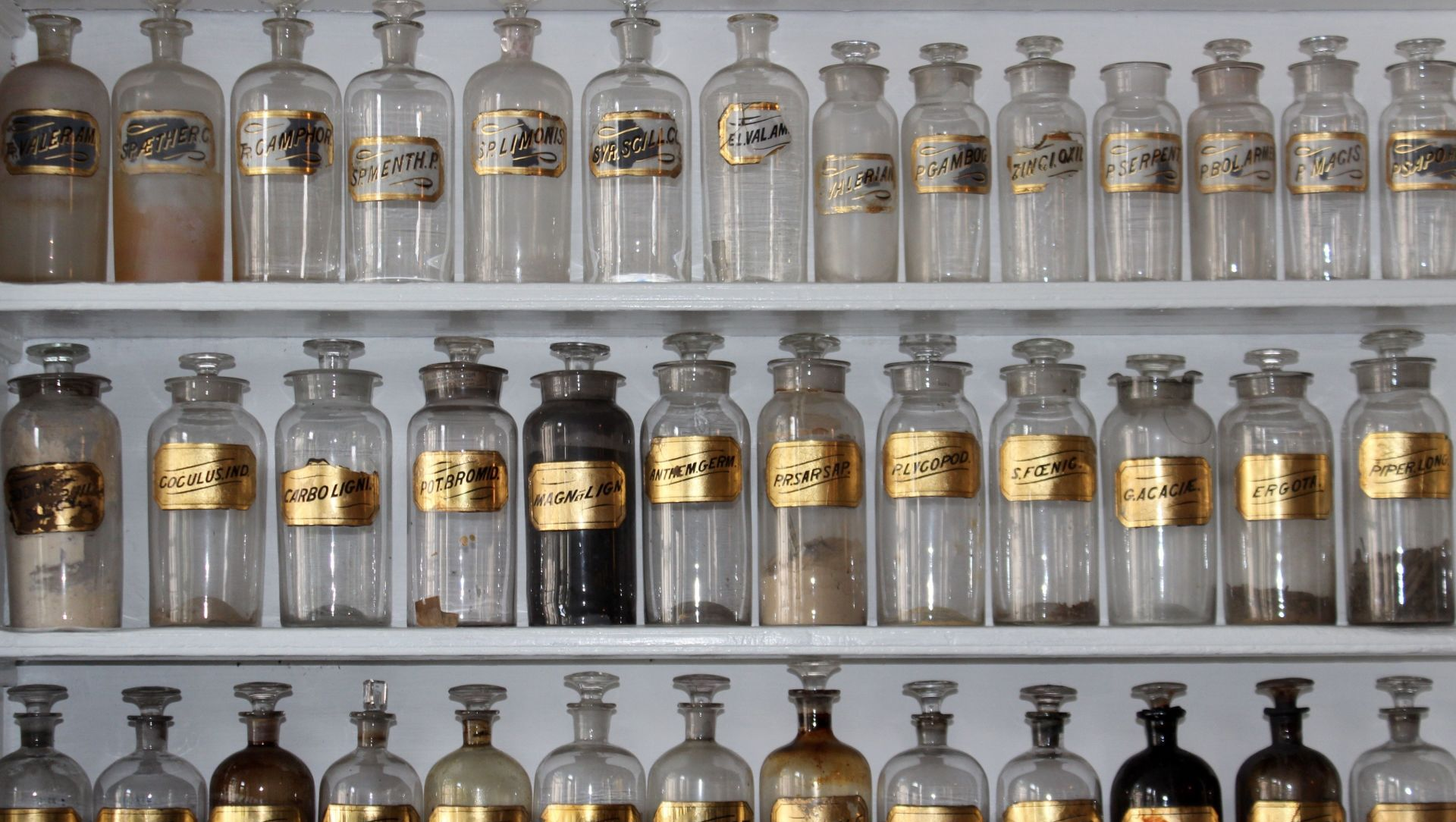
In August there was an assessment initiated by the Denver Department of Public Health & Environment (DDPHE) that consisted of 25 randomly selected cannabis retail stores. From these stores, products consisting of raw plant material, specifically flower, shake, and pre-rolls, were randomly pulled for sampling. Samples were tested for pesticides and total yeast and mold by a state and ISO-certified cannabis testing lab. When we first reported on the matter in August, we quoted Kara Lavaux of DDPHE, who stated, “There are currently no contaminant testing requirements for end products on retail shelves. This assessment is an exploratory effort to understand if there are contaminant concerns at the point of sale.”
In mid-October, DDPHE announced one of the largest recalls of cannabis products – specifically flower, shake, and pre-rolls – which had been distributed to 144 retailers across the state. While DDPHE did not specify whether the recall was a result of the assessment noted above, Lavaux previously stated to Cannabis Benchmarks that the results of the assessment could trigger enforcement actions.
Now, Westword is reporting that DDPHE’s assessment found that 20 of 25 retailers had products on their shelves that tested above the state’s acceptable levels for total yeast and mold. Overall, of all the products tested, roughly 35% to 40% of samples failed for total yeast and mold. Westword’s report is based on an analysis of DDPHE dispensary inspection reports filed in early September, but noted, “officials would not confirm whether all 25 of the tests … were part of the planned assessment …, though they acknowledged that some were.”
The report states that most of the dispensaries that saw products they stocked fail testing purchased those items from wholesale providers. Products are tested by cultivators and product manufacturers prior to being sold or transferred wholesale, but there are no requirements for packaged products to be tested once they reach the point of retail sale. Additionally, cultivators and product manufacturers can gain “process validation,” which allows them to submit samples monthly for testing, rather than screening every batch. One store owner interviewed by Westword noted that the state’s tracking system, METRC, would not allow retailers to take in products that had failed required testing or did not qualify under process validation.
The report notes that investigations are still ongoing, with how and when the products in question became contaminated yet to be determined. DDPHE’s official report on its assessment has not yet been released either. Based on Westword’s report, however, it appears that there is a possibility that additional product could be removed from circulation, which would tighten supply that is reportedly already strained this year. Depending on the findings of the investigation, it is also plausible that additional regulation and testing requirements could be implemented in the future if contamination issues are as widespread as they have been portrayed.